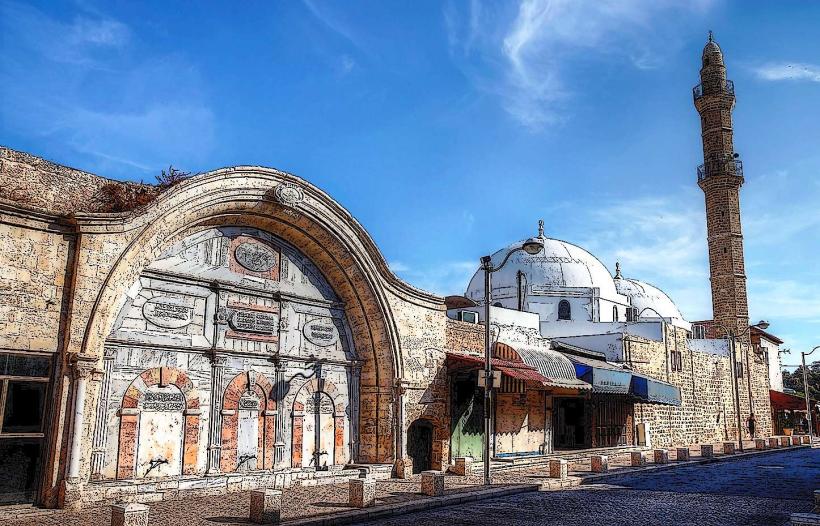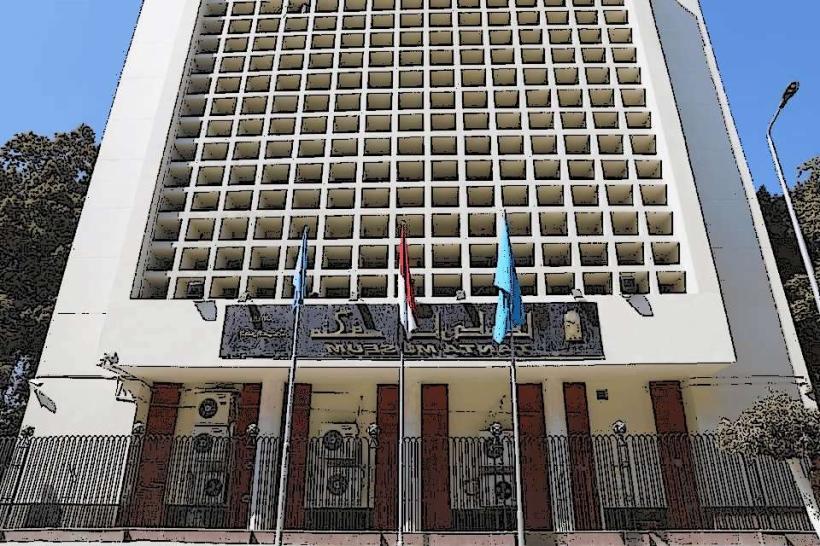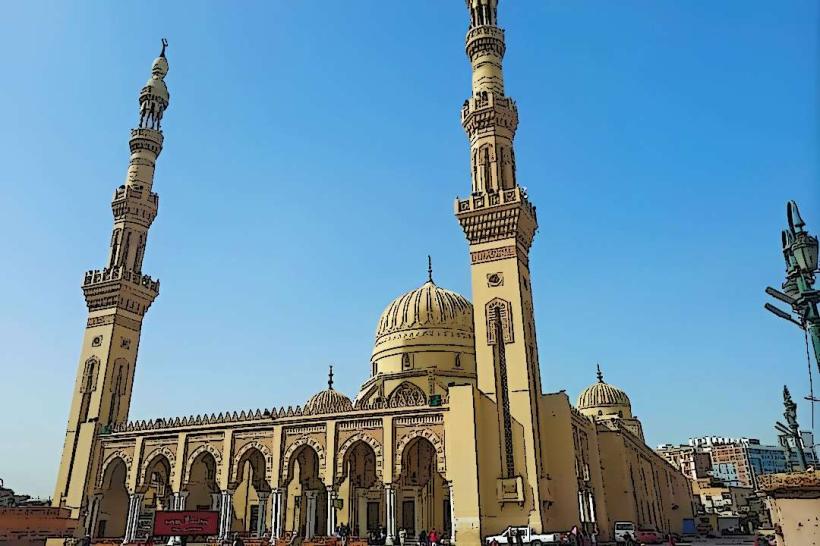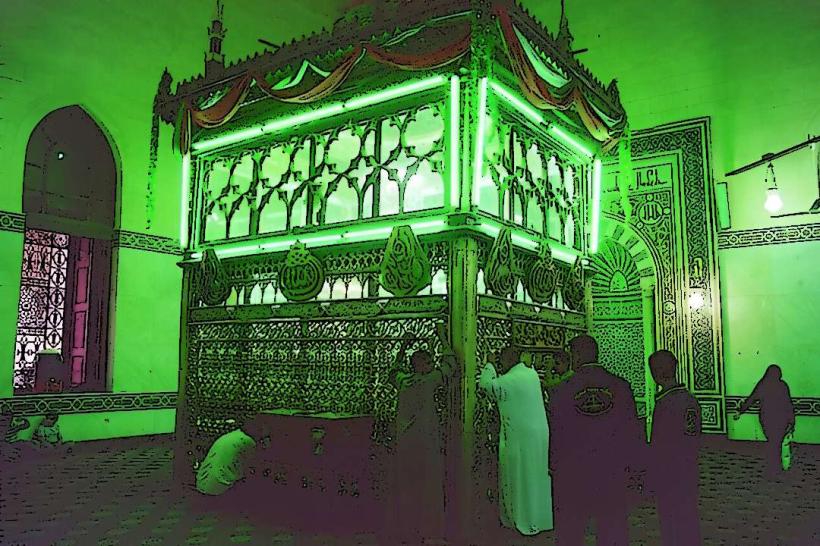Information
City: TantaCountry: Egypt
Continent: Africa
Tanta, Egypt, Africa
Tanta serves as the administrative capital of the Gharbia Governorate and the primary commercial and industrial hub of the Nile Delta. It is strategically positioned between Cairo and Alexandria, approximately 94 kilometers north of the national capital.
Historical Timeline
Tanta’s origins trace back to the Pharaonic era as "Patanit," but its primary era of governance began in the 13th century following the arrival of the Sufi saint Ahmed al-Badawi. It functioned as a significant administrative center under Ottoman and Muhammad Ali dynasties. The most significant architectural and urban reconstruction occurred during the 19th-century cotton boom, which transformed the city into a major rail and industrial junction. The 1276 founding of the Ahmadi Institute is the primary event that established Tanta as a permanent center for religious pilgrimage and education.
Demographics & Population
The city population is approximately 630,000 within city limits, while the broader metropolitan area exceeds 1 million residents. The demographic is over 98% Egyptian, with a historically significant minority of Levantine and European merchant descendants. The median age is approximately 24.5 years.
Urban Layout & Key Districts
The city is organized around the central plaza of the Sayyid Ahmed al-Badawi Mosque. It is administratively divided into District 1 (West) and District 2 (East). The most important areas for visitors are the City Center (downtown commercial core) and the Al-Gala neighborhood (upscale residential and university zone), both located centrally relative to the railway station.
Top City Landmarks
Mosque of Sayyid Ahmed al-Badawi (City Center)
Tanta University Campus (Medical & Engineering faculties)
Tanta Museum (Al-Gala Street)
Tanta Cultural Center (Masrah Tanta)
The Coptic Church of St. George (District 1)
Transportation Network
Internal movement is facilitated by a dense network of microbuses and tricycles (tuk-tuks). There is no metro or tram system. Uber and Careem operate within the city, providing the most reliable metered transit. Official taxis are typically painted white and navy blue; fares are usually negotiated as meters are rarely used. Traffic density is high, particularly during the annual "Moulid" festival and around the central railway hub.
Safety & "Red Zones"
Tanta is generally safe for logistical and commercial travel. There are no designated "red zones," but the informal housing areas (slums) on the city’s northern and eastern fringes should be avoided at night due to poor lighting and infrastructure. Common scams involve price gouging for "religious tours" during the festival of Ahmed al-Badawi.
Digital & Financial Infrastructure
Average internet speeds range from 30 to 50 Mbps. Primary mobile carriers are Vodafone, Orange, Etisalat, and WE. Card acceptance is high in modern retail stores and the Tanta Mall, but cash (EGP) is mandatory for local markets and microbuses. ATMs are widely available along Al-Bahr and Al-Gala streets.
Climate & Air Quality
Temperatures range from 8°C to 19°C in winter and 22°C to 35°C in summer. Air quality is often poor due to the city’s role as a cotton-ginning and textile center, combined with high vehicle emissions. Seasonal agricultural burning in the surrounding Delta can cause heavy smog (the "Black Cloud") during the autumn months.
Culture & Social Norms
Tanta is a deeply religious and conservative city. Tipping (Baksheesh) of 10% is expected in cafes and for luggage assistance. Handshakes are the standard greeting. Dress code is conservative; both men and women should avoid shorts and sleeveless tops in public. Alcohol is not sold in public shops and is rarely available outside of a few specific hotels.
Accommodation Zones
Al-Gala Street: Stay here for proximity to the university, better-quality restaurants, and a more modern environment.
Railway Station Area: Stay here for logistical convenience and immediate access to regional transport and the historic mosque district.
Local Cost Index
1 Espresso: 45 EGP ($0.95)
1 Standard Lunch: 180 EGP ($3.75)
1 Microbus Ticket: 5 EGP ($0.10)
Nearby Day Trips
El Mahalla El Kubra (Textile Center): 25 km (40 minutes)
Kafr El Sheikh: 30 km (45 minutes)
Mansoura: 55 km (1 hour)
Sais (Ancient Capital): 35 km (50 minutes)
Facts & Legends
Tanta is famous for its "Moulid" of Sayyid Ahmed al-Badawi, which attracts over 2 million pilgrims annually, making it one of the largest religious gatherings in the world outside of Mecca. A local historical oddity is the city's association with "mesh" (traditional aged cheese) and "hob al-aziz" (tiger nuts), products so central to its identity that they are staples of the local pilgrim trade. Local legend holds that the central mosque’s well contains water with healing properties specifically granted to the saint upon his arrival from Morocco.





